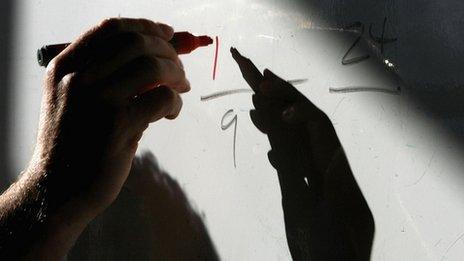Wales and Pisa: What the ministers said
- Published
On 6 December, the fourth set of Welsh Pisa results will be published. They will provide a snapshot of how 15-year-olds are doing in reading, maths and science compared with their contemporaries internationally.
In each of the three previous sets of Pisa results, Wales has come out worse than the other UK nations.
Each time there has been a different politician in charge of Welsh education.
This is how they reacted.

When the first Welsh Pisa results were published in 2007, former Education Minister Jane Hutt said her priority was to secure better outcomes for learners
Wales got its first set of Pisa results in 2007, based on tests taken the previous year.
The results showed that Wales was behind the other UK nations, external, with below average results in reading and maths, and average results in science.
The education minister at the time, Jane Hutt said: "The real benefits of the Pisa assessments will come not from the headline figures and league table rankings, but from the detailed analysis of strengths and weaknesses and what more we can learn from the best and most effective practice internationally."

In 2010, the then minister Leighton Andrews said the Pisa results reflected "systemic failure"
Fast forward three years, and the results published in 2010 showed that Welsh pupils had scored worse than before in every category.
The then Education Minister Leighton Andrews pulled no punches in his response. The results were "unacceptable" he said, and "everyone involved in the education sector in Wales should be alarmed..."
In 2011, he announced a target that Wales should be in the top 20 of school systems in the 2016 Pisa results table, external.
Other elements of Mr Andrews' response included a five-year plan to improve literacy in Welsh schools and a National Numeracy Programme.
But these would not have any impact on the next set of Pisa results, because tests for those were taken in 2012, the same year the numeracy and literacy plans were published.
The Pisa results published in 2013 showed once again that Wales' Pisa rankings were the worst in the UK.
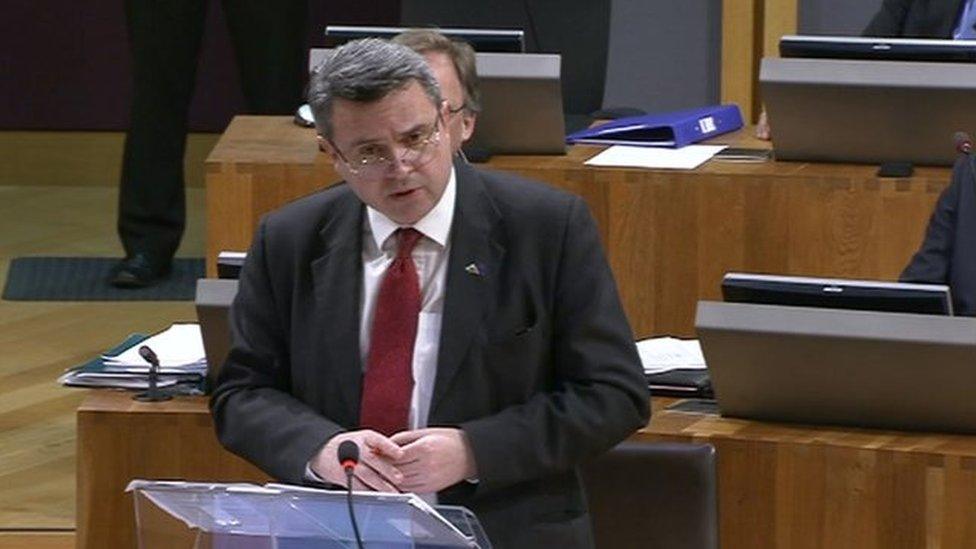
Huw Lewis said the 2013 Pisa results were "stark" and while it was clear standards needed to improve, there were "no quick fixes"
By this time Huw Lewis was the minister, and he said everybody working in and around the Welsh education sector needed "to take a long hard look in the mirror".
He said a number of changes introduced by his predecessor, including new reading and numeracy tests, extra funding for new schools and secondary school banding would take time to have a "significant impact" in Wales.
Mr Lewis said at the time he expected to see the impact of these measures in the next set of Pisa results due on 6 December 2016.
He subsequently scrapped the Welsh Government's target of getting Wales into the Pisa top 20 by 2016. The new target was based on scores not ranking.
In the 2013 Pisa results, the average Welsh score was 468 for maths, 480 for reading and 491 for science.
Mr Lewis said that in the 2022 results, the Welsh average should be 500 for all three.
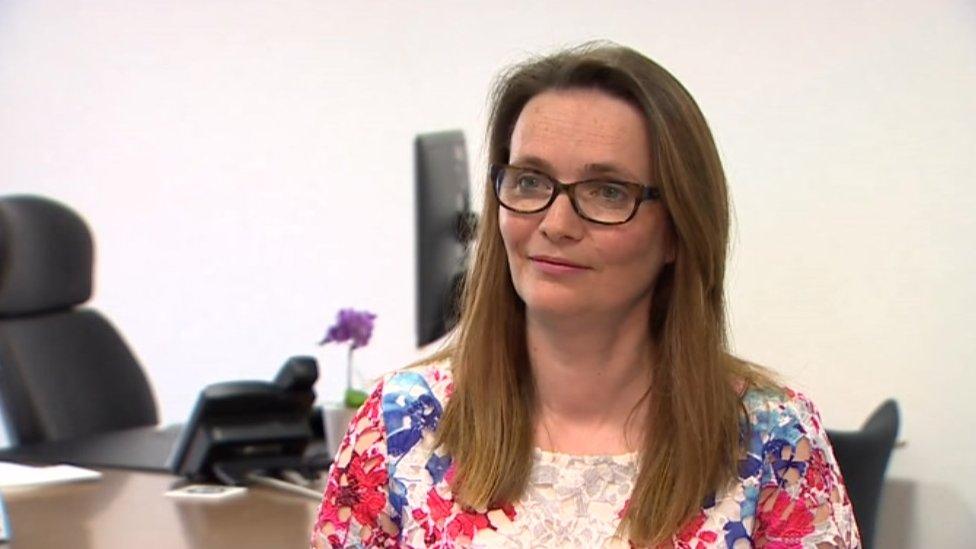
Education Secretary Kirsty Williams: Reform is needed "not to teach to the test... but to develop a curriculum that enables our children to perform better in the kind of skills that Pisa tests"
Huw Lewis's successor, the Liberal Democrat Education Secretary Kirsty Williams has said it will take time for Welsh educational reforms to be reflected in the Pisa results.
"We... have to be realistic that to improve our education system we need a long-term strategic plan.
"What will not change our system is every time we get a set of disappointing results we run off, like a rabbit, in a totally different direction."
She has also asked international experts to review changes to the Welsh education system.
- Published5 December 2016
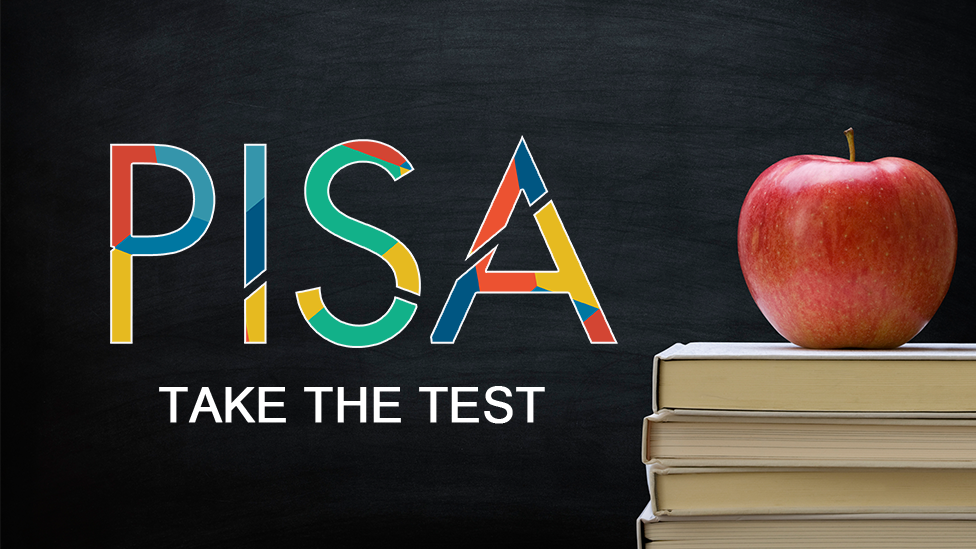
- Published4 December 2016
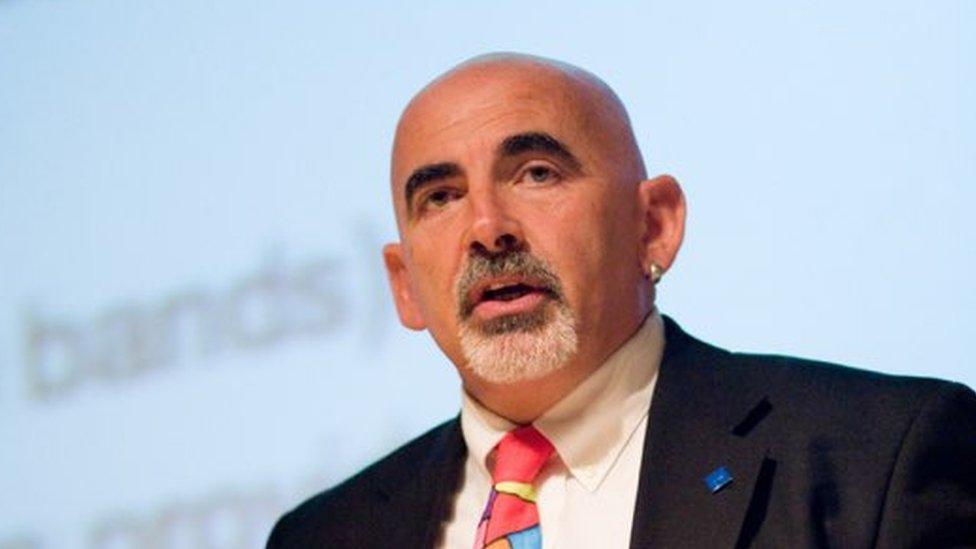
- Published5 December 2016
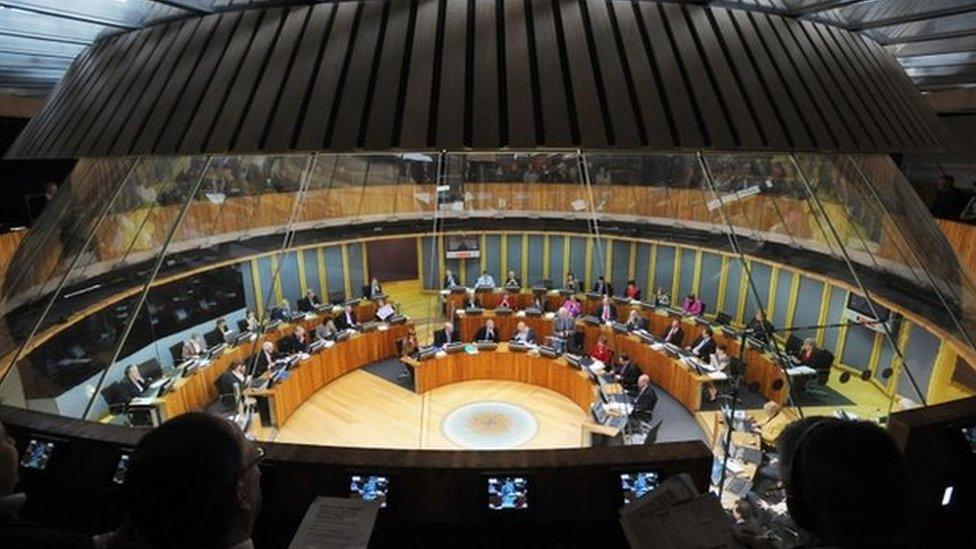
- Published20 October 2016
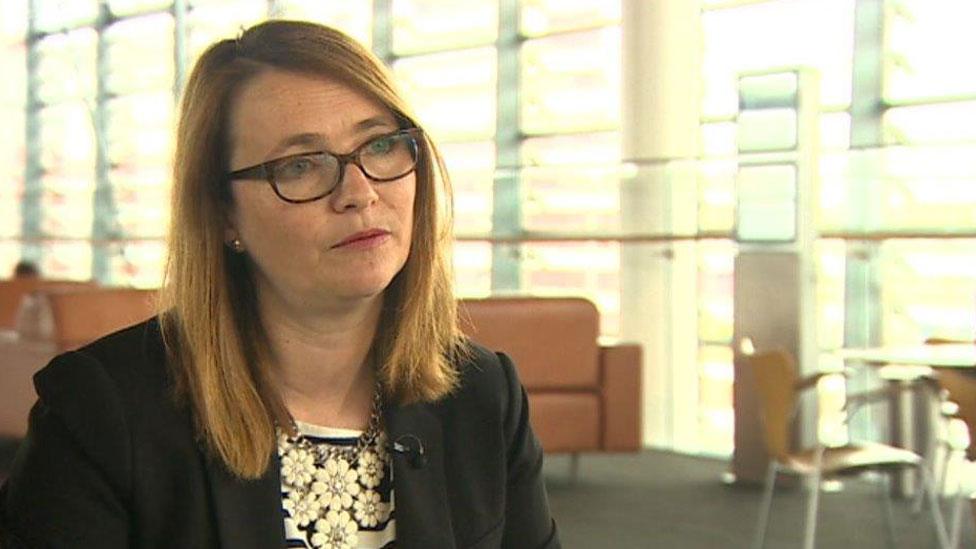
- Published4 September 2016
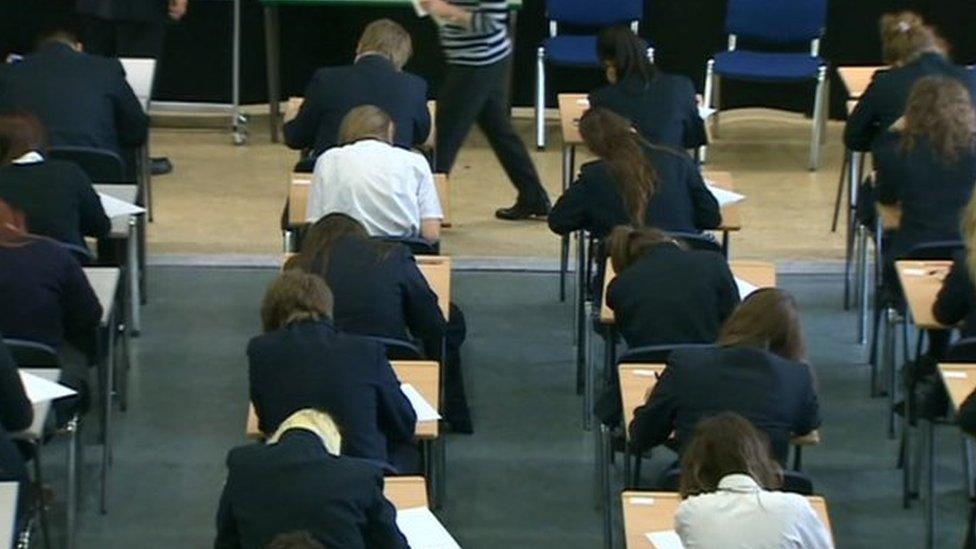
- Published2 October 2014
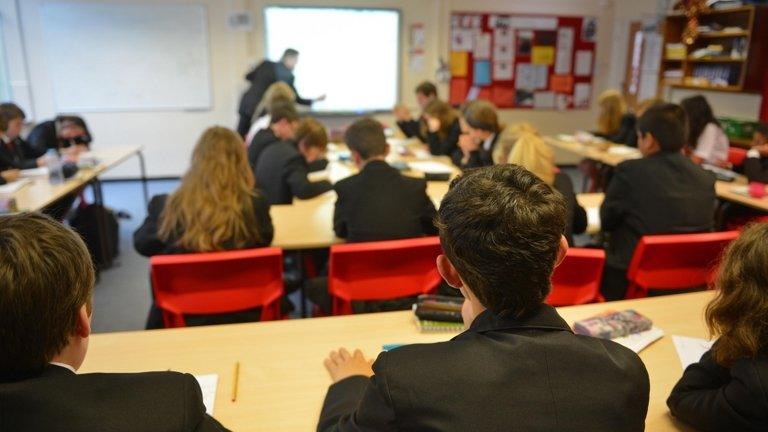
- Published3 December 2013
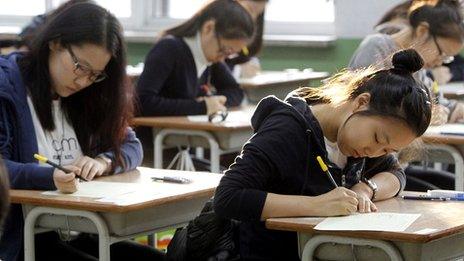
- Published26 September 2012
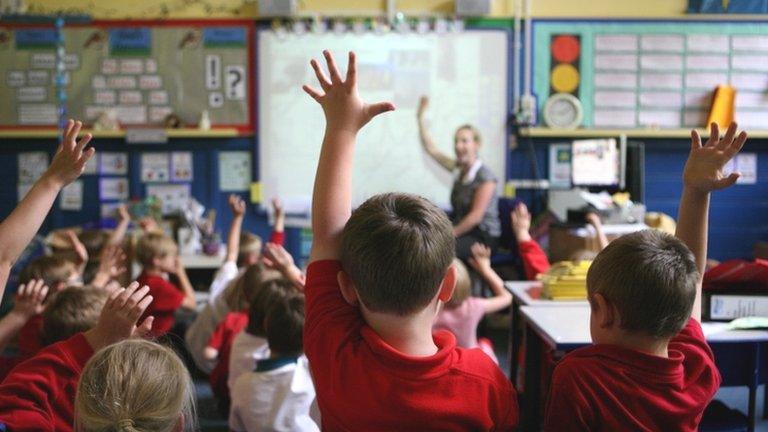
- Published17 May 2012
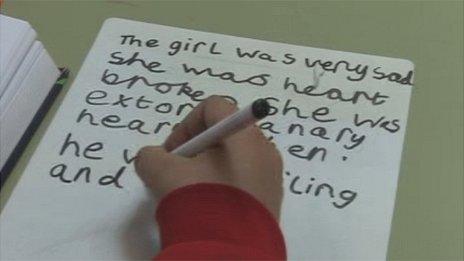
- Published8 December 2011
